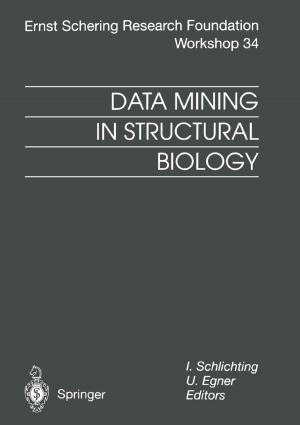The Hope of the Country with a Large Population
Theories and Practices of China's Population Transformation
Nonfiction, Social & Cultural Studies, Social Science, Demography, Political Science, Government, Social Policy| Author: | Xueyuan Tian | ISBN: | 9783642408328 |
| Publisher: | Springer Berlin Heidelberg | Publication: | January 24, 2014 |
| Imprint: | Springer | Language: | English |
| Author: | Xueyuan Tian |
| ISBN: | 9783642408328 |
| Publisher: | Springer Berlin Heidelberg |
| Publication: | January 24, 2014 |
| Imprint: | Springer |
| Language: | English |
China has the largest population in the world. However, according to the United Nations, India and China are expected to simultaneously reach a population of approximately 1.38 billion by 2030, with India taking a slight lead. China will be all too happy to surrender its position as the country with the largest population. Where does this attitude come from? For China, this situation is symbolic of the solution to the excessive population and a milestone in the “Three-Stage” population development strategy, as well as the people’s hope. In order to realize this hope, it firstly depends on the transformation from the previous high birth rate, high death rate, and low growth rate of population, to a high birth rate, low death rate, and high growth rate, and finally to a low birth rate, low death rate, and low growth rate. It also relies on the “post-demographic transition” to a low fertility level since the 1990s, and secondly, is closely related to the population change in the future. Therefore, in-depth studies on population and the development of population, resources, environment, economy, and society should be conducted on the basis of fresh experiences and theories from the international community, in order to move forward with the times to promote the solution to the population problem and realize the dream of rejuvenating the Chinese nation. As a result, population change is linked to this great rejuvenation, as the great rejuvenation requires the population change and, in turn, the population change facilitates the great rejuvenation.
China has the largest population in the world. However, according to the United Nations, India and China are expected to simultaneously reach a population of approximately 1.38 billion by 2030, with India taking a slight lead. China will be all too happy to surrender its position as the country with the largest population. Where does this attitude come from? For China, this situation is symbolic of the solution to the excessive population and a milestone in the “Three-Stage” population development strategy, as well as the people’s hope. In order to realize this hope, it firstly depends on the transformation from the previous high birth rate, high death rate, and low growth rate of population, to a high birth rate, low death rate, and high growth rate, and finally to a low birth rate, low death rate, and low growth rate. It also relies on the “post-demographic transition” to a low fertility level since the 1990s, and secondly, is closely related to the population change in the future. Therefore, in-depth studies on population and the development of population, resources, environment, economy, and society should be conducted on the basis of fresh experiences and theories from the international community, in order to move forward with the times to promote the solution to the population problem and realize the dream of rejuvenating the Chinese nation. As a result, population change is linked to this great rejuvenation, as the great rejuvenation requires the population change and, in turn, the population change facilitates the great rejuvenation.















